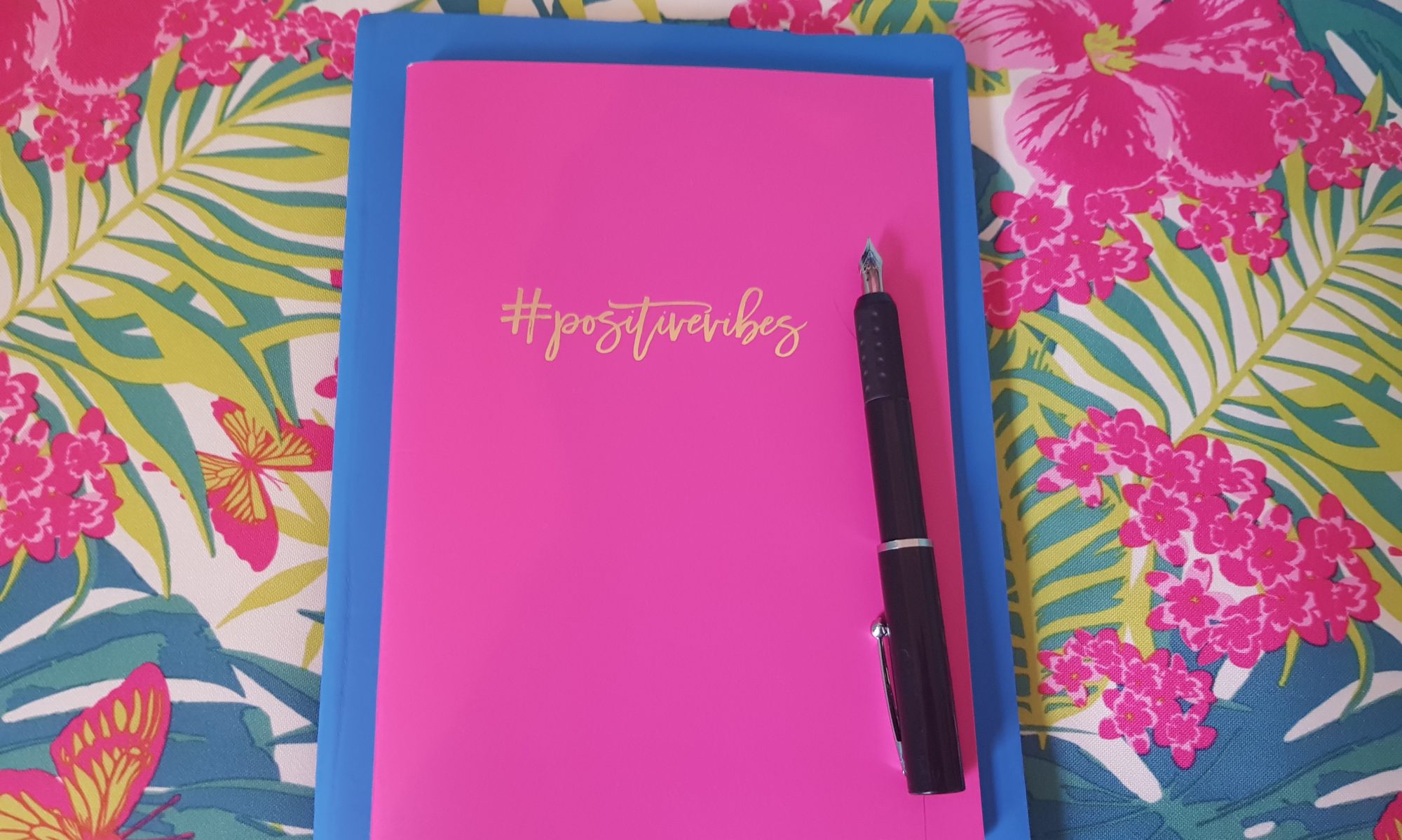Verve Poetry Festival:
Moniza Alvi, Jacob Sam-La Rose and Alison Brackenbury Review
My 2019 Verve Poetry Festival experience began with an Inua Ellams’ ground swell, erupted in loud applause, followed by rapturous calls and poetry clicks. The penultimate event to end the third annual Verve Poetry Festival held at the historic Old Rep Theatre in Birmingham, began with a reading from Moniza Alvi.
Alvi, born in Pakistan and grew up in Hertfordshire, has published nine collections of poetry. Having taught Presents from My Aunt in Pakistan for many years in secondary schools, it was a privilege to hear her in person.
Recently, Alvi has been working on a translation of Marina Tsvetaeva (1892-1941) who was a ‘fierce and tender’ Russian poet. For many of us who attended the Verve Festival, as it was for Tsetaeva, ‘poetry was first and foremost; everything else is secondary’. The first poem Alvi read was ‘a shot at jealousy’. The speaker of the poem is an ex-lover who repeatedly demands of their ex-partner ‘How does it feel…’ being with a new lover. Verve’s engaged audience ‘ouched’ and ‘ahhed’ as the list went from ‘How does it feel to be a replica’, ‘an alien’ to ‘trashy goods’. A sobering twist was delivered in the final line as the speaker confessed that her ex must feel ‘as I do’ to be with another.
Before Tsvetaeva’s suicide in 1941, she wrote of the ‘peace’ that eluded the ‘tortured’, ‘hunkered up’, ‘hellish burning’ years. She sought the ‘cool shady garden’, a ‘haven’, an ‘oasis of solitude’ where there are ‘borders but no confines’. After death, I hope that Tsvetaeva found ‘a garden for the freedom of [her] soul’.
It was difficult to decide which book to buy: the powerful translation or one of Alvi’s own collections. However, the interplay of the lives of Alvi’s parents with her observations of birds, delighted me during her reading so I purchased her latest Bloodaxe Books collection Blackbird Bye Bye. The Nest They Made describes how Alvi’s ‘motherbird’ and ‘fatherbird’ made their nest ‘differently’. They ‘lined it with scraps’, ‘knotted Bakhara rugs…from gauzy Indian scarves’ which reminds me of my mother and grandmother who nested in the Midlands. Whilst ‘some weeks they couldn’t afford to pay the rent’ not only speaks of a young family’s emigration from Pakistan but to the many young families who are currently struggling and are forced to hide ‘as best’ they can. ‘Our nest was high up, glittery./They built and built’ demonstrates the resourcefulness and resilience of our parents and grandparents’ generations.
I was particularly touched by Alvi’s delicately observed and solemnly reflective poems about the death of her father. It appears that only now that ‘fatherbird’ has ‘gone’ in Dark Bird, Alvi can reveal the multifaceted man he was. Not ‘solidly black, but speckled,/streaked, banded’. A spark from a ‘single orange feather…keeps on burning’ allowing him to be remembered and live on through ‘the dark’.
Alvi’s new work in progress explores teenage girls being drawn to terrorism and the dichotomy of good and evil. ‘Stoning the devil’, a custom of throwing stones at three walls as part of the Islamic Hajj pilgrimage to the holy city of Mecca, is an image that recurs appearing as a ‘cathartic’ way to ‘drive out low desires’. A young girl who grows up through the series of poems observes her mother as a ‘pale brown version’ that is now seen ‘from afar’. Alvi’s weaving of opposites, in this case the internet and nature, is particularly effective. A young girl browsing online is ambushed by ‘people’ who ‘jump out of the bushes’ and ‘pounce’ ‘airless’ through the ‘planetary light of the screen’. It ‘doesn’t take long to net a man’ whose ‘name explodes in her head’. My hope is that this series of poems continues to honestly explore good and evil and that it doesn’t become a stone to throw at young women.
Moniza Alvi joined Alison Brackenbury on the fabulously pink stage sofas whilst Jacob Sam-La Rose took to the microphone.
His first reading For the Young Men Popping Wheelies is a new work about ‘cyclists’ on London bridge. It begins: ‘One day you will die’. Fortunately, for the wincing audience who feared the imminent road crash of metal and limb twisting deaths, the ‘lads’ didn’t ‘die’ today with endings that ‘taste of a mouthful of road and iron’, luckily ‘not today’ for the ‘brazen’, ‘uproarious’, ‘lads’.
In his next poem, I enjoyed reminiscing with Sam-La Rose about ‘those days’ filled with ‘coin up machines’ in a lone ‘chip shop’. The machine with its ‘care-worn button’ smashed ‘to senselessness’. ‘Bless those nights’, those ‘small change lives’.
Sam-La Rose also took us back to a time of ‘archaic gamers’ with tapes that took at least ‘an episode of neighbours’ and dinner time to load. The speaker in his poem Assembly Language admits that they have ‘never been good with numbers’ but in order to ‘fly’ in this ‘world within worlds’ they have ‘learnt to trust’ ‘the competence of wings’ in the same way we’d ‘trust’ the ‘sky’ that’s never ‘had enough of playing along’. Sam-La Rose’s new work and future projects will continue to explore language and the creativity of coding and poetry with ‘virtual realities’ and ‘worlds in worlds’; thankfully, Sam-La Rose reassured us that robots could never replace poets.
Heartland, a reading of the poignant poem from the point of view of Sam-La Rose’s mother, and many women like her, who came to England from Guyana in 1963. My mother and grandmother are also part of the Windrush generation, so this poem deeply resonated with me. The poem and the current hostile environment remind us that ‘this country has no interior for us’, ‘we remain on its shores’. The mother admits to her child: ‘I fear for you’. Being both English born and of Caribbean descent we have a ‘heritage’ we ‘cannot claim’ and it is often asked of us ‘which land mothered you’. Sam-La Rose’s final rhetorical question resonated with the confusion I’ve often felt when I am told to go back home: ‘in which direction will you turn’?
Sam-La Rose very kindly signed my copy of Breaking Silence his 2011 (with multiple reprints) Bloodaxe Books collection. Three poems contained the theme of absent fathers – which must never be reduced to the simplistic discussion of absent black fathers and single mother families following a recent reductive resurgence of this topic but read through an individual child’s eyes and the experiences of individual families. Never lists the things ‘he never taught me’. From how to ‘hold a pair of clippers’ to how to ‘love music’. The Hours speaks of ‘my other father – the one who stayed’ who ‘worked nights’ and upon his return each morning ‘his feet took to the stairs, slow, with care’ The collection closes with A Spell for Forgetting a Father with a quote from Terrance Hayes’ Mother to Son. This cutting the cord ‘spell’ requires ‘candles’ and ‘feathers’ to let each other go ‘as I release you/so you release me’ with a tone of moving forward without bitterness, leaving sadness on the ground where the ‘feather’ lays.
Alison Brackenbury’s reading of her stunning career spanning ‘selected poems’ collection Gallop published in 2019 by Carcanet Press, was utterly captivating. The entire audience, including Jonathan Davidson, who was chairing the event, and Sam-La Rose and Alvi on the stage sofas, were completely enthralled by Brackenbury’s beautiful poetry. Even her speaking voice to introduce each poem was lyrical, to the point that I often thought she was still delivering a poem rather than an insightful explanation.
In 1981, at age 28, Brackenbury’s first ‘eager collection’ recalls an older generation. My Old from her first collection, Dreams of Power, refers to her ‘parents’ who ‘seem to dwindle’, whilst the ‘bells’ that were ‘heard’ for the ‘Queen’ that died is Queen Victoria. Although her poetry is nostalgic for an earlier time, for instance in The House that recalls ‘the house of childhood’ where ‘my bones and my heart ache/In every joist’, Brackenbury’s writing and poetic style is timeless.
In 8 a.m. Brackenbury appears to look back to the ‘girl’ she was, but kindly wishes and hopes that the girl ‘pedalling’ with ‘hitched skirt, silver pumps’, ‘may…ride her falls’, which is indicative of Brackenbury’s encouragement of the next generation of women writers. During her discussions with Jonathan Davidson, Brackenbury said that she was influenced by ‘pioneers’ such a Fleur Adcock, Elizabeth Jennings and Jenny Joseph. The Verve audience certainly hold Brackenbury with the same high regard.
Throughout the collected poems, horses, nature and the countryside are always beautifully and prominently featured. In My Old ‘the snow froze hard, tramped down’, in the title poem ‘young horses…surging hard ahead’, ‘the wet soil/flung shining past me’ with good omens of ‘Two flashing magpies rising from the trees’. Hill Mist taken from her Breaking Ground collection admits ‘I am too fond of mist’ despite it being ‘blind/without tenderness; whose cold clings close/round the face.’
Brackenbury (and her cat) plan to work through a bag that contains snippets of half-finished poems for a 2022 release with Carcanet Press.
After Brackenbury’s final reading of Skies taken from its title collection, the theatre erupted into rapturous applause, that is certainly in keeping with the Verve’s festival jubilation and theatre’s celebrations of its 106th birthday this weekend.
The brilliantly curated and chaired event ended with the audience storming the stage for signatures from the incredibly talented poets. With just one more event to finalise the fantastic Verve Poetry Festival, it is with some sadness that we will have to wait another twelve months for the next one.

